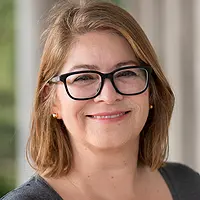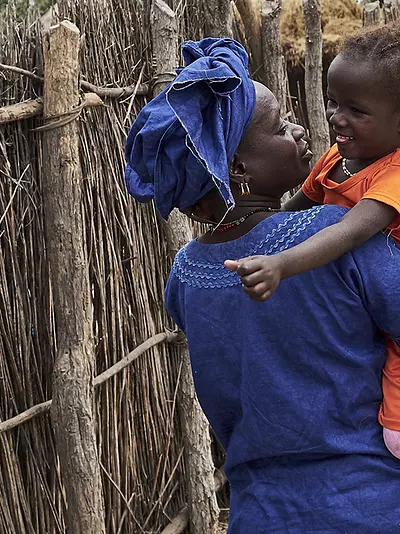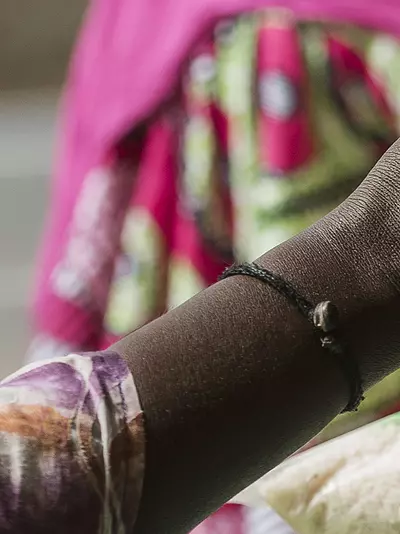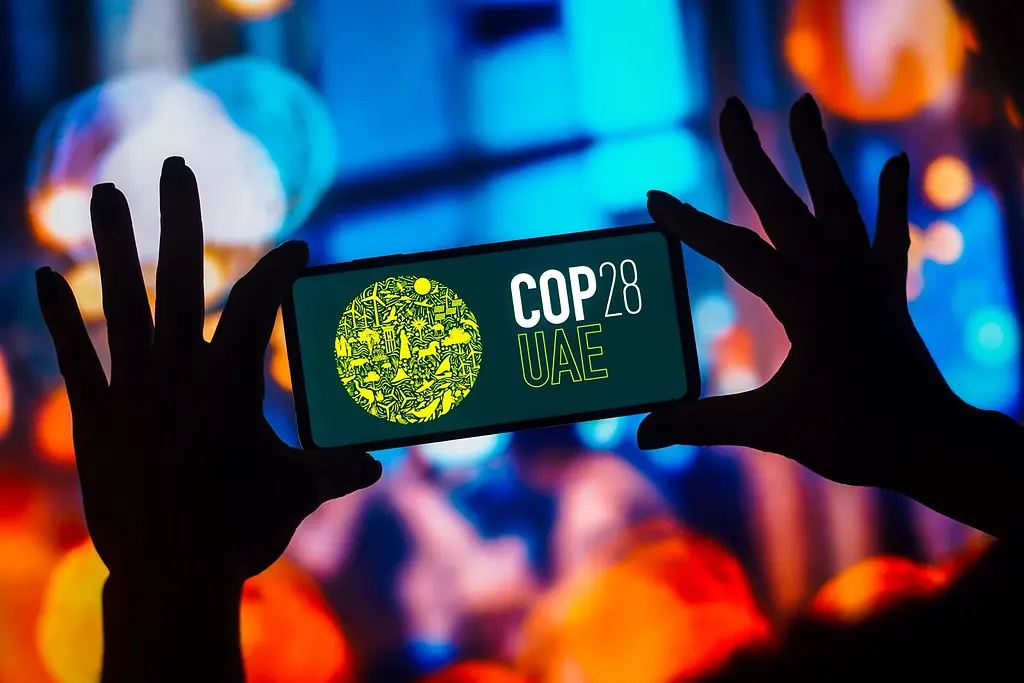
Photo credit: Rafael Henrique/Adobe Stock
Inclusivity, equity, urgency, and finance will be key objectives at the 28th Conference of Parties (COP 28) to the United Nations Framework Convention on Climate Change (UNFCCC). This year’s Climate Conference and negotiations on global commitments to address climate change, convened by the UNFCCC Secretariat (UN Climate Change), are set for Nov. 30 to Dec. 12 in Dubai, United Arab Emirates. This session will build on many preparatory meetings held at the regional and coalition levels for groups to plan and prepare their negotiating strategies.
While this is not a “decision COP” expected to lead to a historic agreement, it comes on the heels of months of extreme weather events that include torrential rains, devastating floods, epic wildfires, a marine heat wave, and the Northern Hemisphere’s hottest summer on record. Around the world, abnormal weather is becoming the new normal. Those in some Island and developing nations hit hardest by the impacts of climate change are literally fighting for their survival.
Taking stock of where the world stands
The COP28 discussions also will be influenced by two sobering new reports: the Global Stocktake and the 2023 State of the Climate. The Stocktake assesses world progress in reducing greenhouse gas (GHG) emissions since the 2015 Paris Agreement. That historic treaty, signed by 196 Parties at COP21, seeks to keep “the increases in the global average temperature to well below 2°C above pre-industrial levels” and pursue efforts “to limit the temperature increase to 1.5°C above pre-industrial levels.”
The Stocktake concludes we are not on track to stay within the 1.5°C limit and the window is narrowing for actions to be meaningful enough to slow severe changes in climate. That finding is echoed by the State of the Climate report, which calls for immediately curbing fossil fuel use and preventing any increase in future global heating. It also reaffirms that developing nations are suffering the brunt of worsening climate impacts.
Championing local climate voices
Ensuring greater inclusivity and transparency in COP proceedings is a long-standing goal of civil society. If we are to meet our climate goals, it’s time to bring new voices to the table and listen to indigenous people and their ideas for sustainable living and ecosystem restoration. COP observers are coalescing around issues of inclusion and equity—demanding a seat at the table to ensure the voices of the most vulnerable are heard. COP conversations have historically been dominated by wealthy countries. As a matter of their survival, developing countries are pushing for wealthy nations to accelerate their efforts to reduce the greenhouse gas emissions that are driving climate change and compensate developing nations for the losses and damages they incur from climate change impacts they didn’t cause.
Prioritizing health for a sustainable, healthy future
For the first time, the UN Climate Conference will have a day devoted to understanding and addressing the health implications of climate change, such as exacerbating water quality issues and heat-related illnesses and death. Hotter temperatures can also reduce the nutritional content of important food crops, worsening an already serious problem of micronutrient deficiency. Designating a health day at the COP helps raise awareness of the need to better integrate health considerations into climate change planning and investments.
Paying the price
The question now is how to ensure that countries that most need investment to support climate change adaptation and resilience can get the money they need, and quickly. Some countries find themselves caught in a cycle of increasing indebtedness, borrowing to finance repairs or recovery of climate change-related disasters. While grants may be needed for investments that provide social benefits—more resilient infrastructure, better health care, social safety nets—these projects may lack a well-understood business model (payment for goods or services). The challenge lies in identifying where the money comes from, and how it can get to the people who need it most for essential investments.
In tandem with the need for improved access to funding, developing countries are advocating for a swifter delivery of funding to civil society and community groups spearheading worthwhile projects. The Green Climate Fund (GCF), multi-lateral banks, and donors have not kept up with these requests. The GCF, created to accelerate transformative climate action in developing nations with $100 billion from developed nations, has encountered delays in reaching its funding target and faces criticism for slow and cumbersome disbursement processes. Developing nations are also continuing to call for wealthier countries to couple their payments with more aggressive efforts to mitigate the GHG emissions that are the cause of climate-related loss and damage.
The agreement to establish a loss and damage fund was a major outcome of COP27, but subsequent discussions on how to operationalize and manage the fund, and where it should be housed, have been fraught. Though developing nations resisted the call of developed nations to host it at the World Bank, it will be based there on an interim basis following compromises reached in recent negotiations. Progress on money flowing into the fund will be closely watched.
Reasons for hope
Though the State of the Climate and Global Stocktake reports bring an element of sobriety to COP28, there is reason for hope. Actions are increasing as people embrace the concept that we need to work in many ways to reach our goals. This momentum will continue at COP28.
Ahead of COP28, Regional Climate Weeks were held in Africa, Middle East and North Africa, Latin America and the Caribbean (LAC), and Asia-Pacific to bring together climate leaders to discuss climate issues that impact their regions. In Panama, LAC countries rallied around the potential of natural resources, such as hydropower, wind, and solar energy, to help countries reach net-zero. In Kenya, African leaders discussed how low- or no-carbon economic growth can also support sustainable development goals and poverty deduction. By 2050, Africa is expected to be home to many of the world’s largest cities, some of which are already moving toward renewable resources for energy production. Kenyan President William Ruto recently announced a new partnership with the European Union to bring green hydrogen into Kenya’s economy.
California, currently the world’s fifth largest economy, is also pioneering a multisectoral approach to achieve carbon neutrality by 2045, including setting regulatory standards that send a market signal. This could influence other regional governments in the United States, as well as bilateral trade agreements. In recognition of the role of local governments in tackling climate change, the first-ever Local Climate Action Summit will be part of COP28. By bringing together subnational and national climate leaders, the summit aims to rally more local contributions to global actions, climate finance, and climate mitigation and adaptation measures.
Learn more about RTI's COP28 Events.
Learn more about global financial reforms to support transformational adaptation (International Institute for Environment and Development).
Learn more about RTI and the Caribbean Community Climate Change Center’s Strategic Partnership to Support Climate Vulnerable Regions.
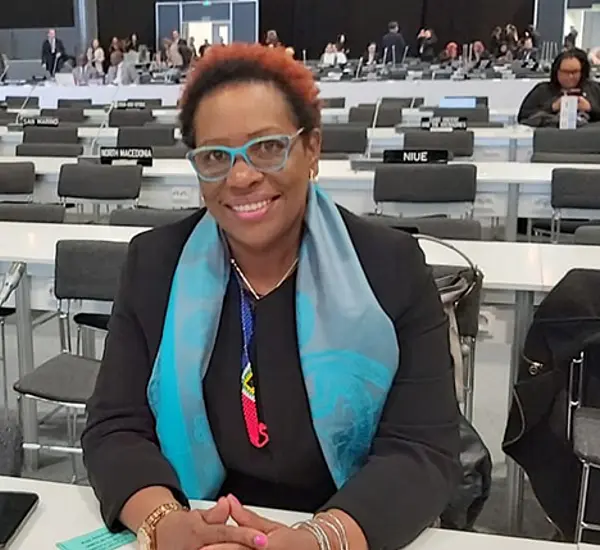
Guest Author UnaMay Gordon
UnaMay Gordon is a Senior Climate Change & Development expert and the former Head of the Climate Change Division in Jamaica’s Ministry of Economic Growth and Job Creation. In this role, UnaMay served as Jamaica’s representative in several forums, including as Lead Climate Negotiator of Jamaica’s delegation to the UNFCCC.
